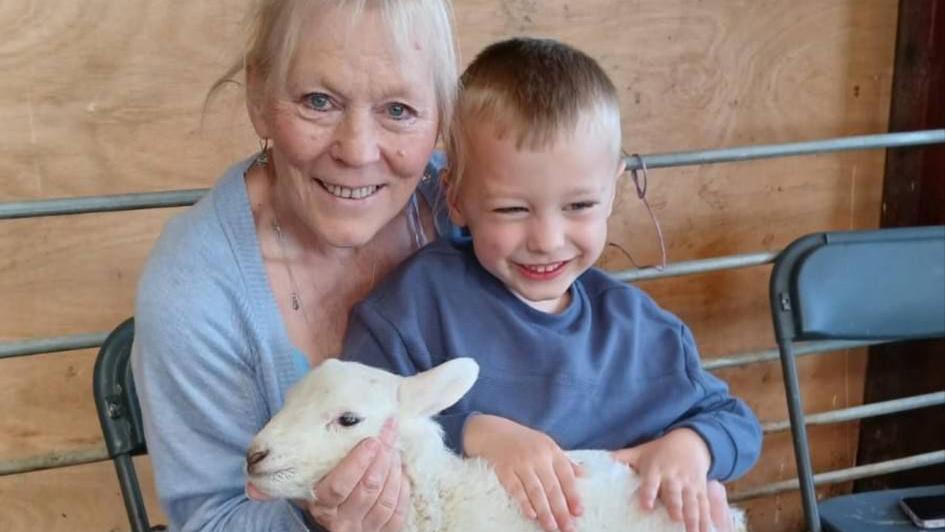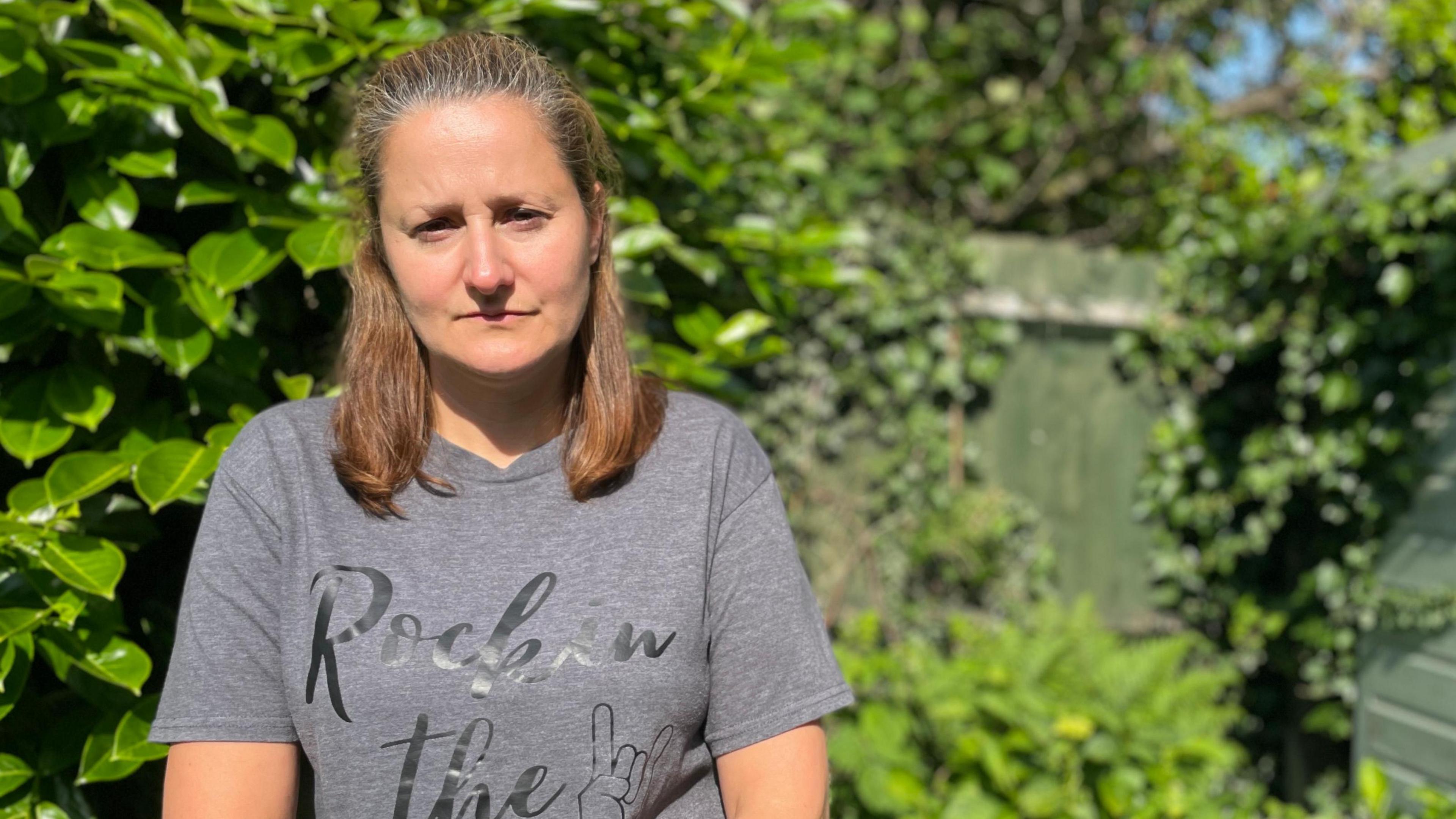Petting farm owner fined after hundreds fall ill
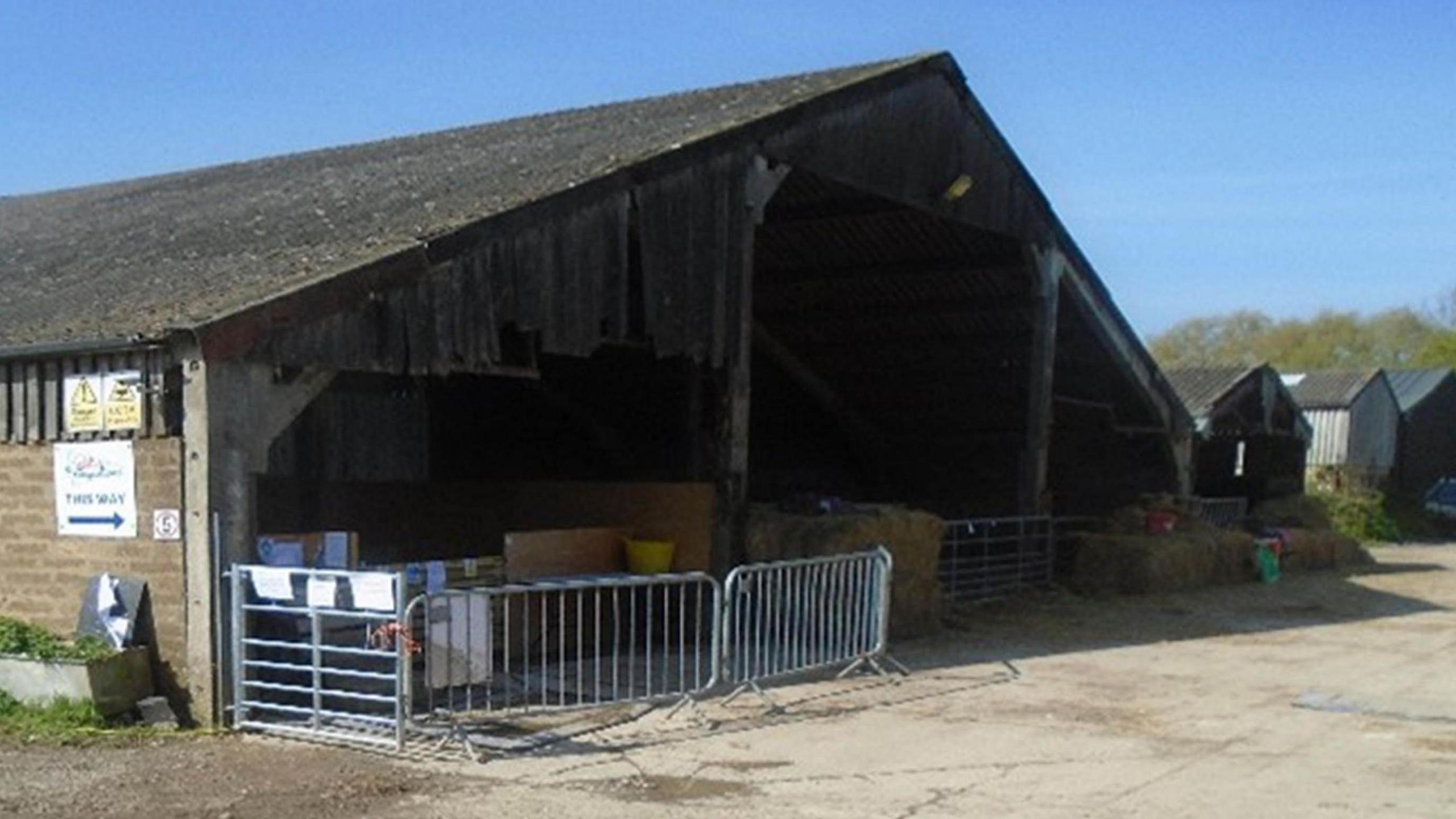
The illness was caused by a baby animal bottle-feeding event at Hazelgrove Farm
- Published
A farm owner has been fined after visitors to a baby animal bottle-feeding event were infected with a parasite that causes vomiting and diarrhoea.
More than half of the 264 cases were children, some of whom were hospitalised, the Health and Safety Executive (HSE) said.
The cryptosporidium outbreak originated from goat kids and lambs at Hazelgrove Farm near Ryde, Isle of Wight, in 2023.
Sharon Wheeler, 60, who admitted a safety offence at Southampton Magistrates' Court, was fined £8,000 and was ordered to pay a further £12,728 in fees.
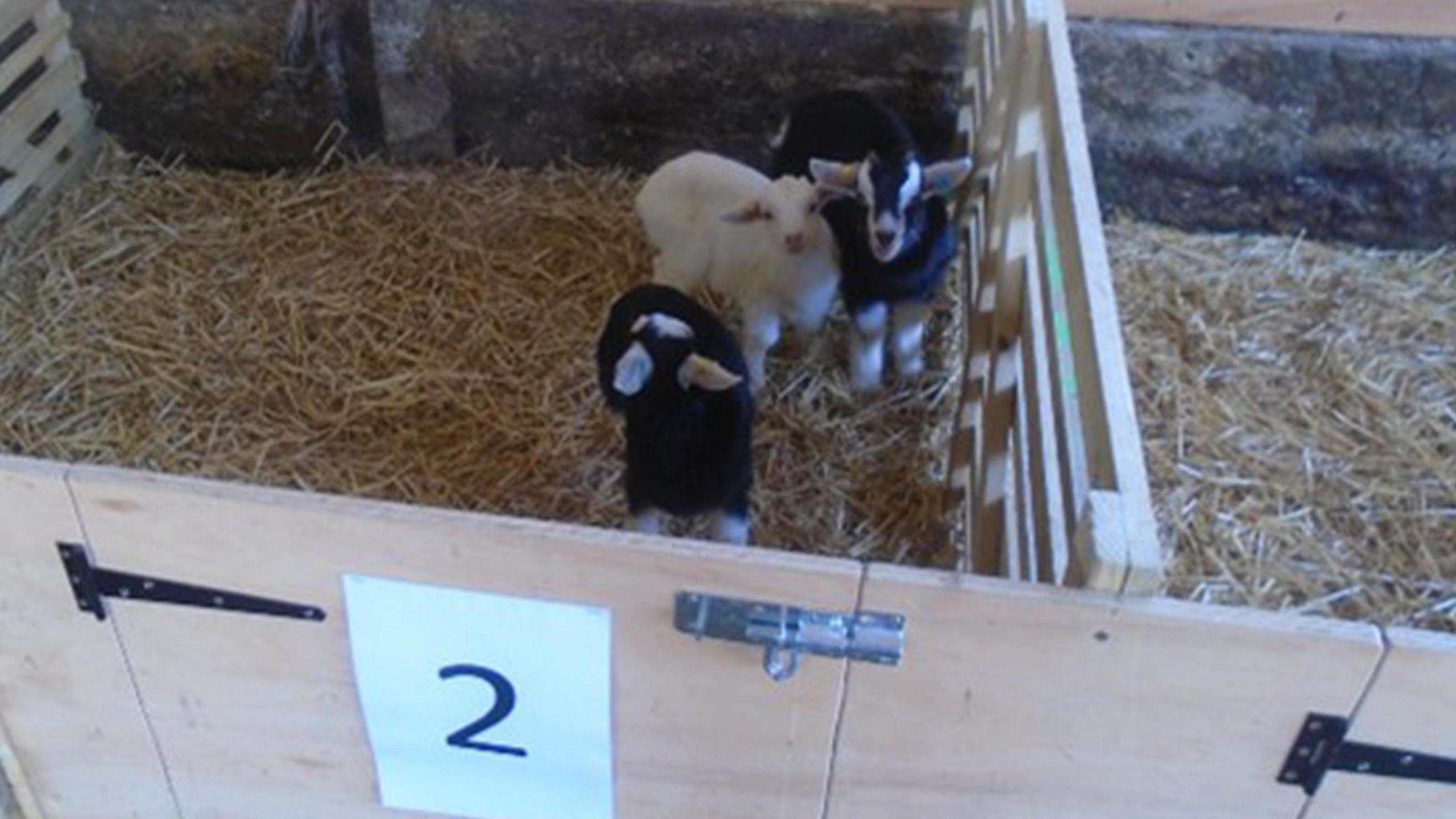
Children were seen kissing goat kids and lambs at the event
The ticketed event in April and May involved feeding bottles of milk to the animals in pens.
Children were observed kissing animals which were visibly contaminated with faecal matter, the HSE reported.
It said the parasite infected 264 attendees, of whom 5% were admitted to hospital.
In a statement, it added: "Several victims have reported continuing gastro-intestinal issues affecting their day-to-day lives since attending the event, with some having multiple hospital stays over 2024.
"Victims state that their experiences were among the worst diarrhoea and vomiting they had ever had, fearing for their children's health, leaving lasting after-effects and putting their families off ever visiting farm animals again."
More news on the Isle of Wight
Labour candidate for mayor announced
- Published2 days ago
Ceremonies on Remembrance Sunday in the South
- Published4 days ago
Ferry bill would end 'rip-off prices', MP says
- Published7 days ago
Ms Wheeler failed to control guests' behaviour and let visitors share towels after washing their hands, the HSE added.
She pleaded guilty to failing to ensure public safety as far as possible under the Health and Safety at Work Act 1974.
The defendant, who has declined to comment, was ordered to pay the fine, court costs and victim surcharge by 9 December.
Cryptosporidium can be found in the intestines and faeces of infected humans and animals.
Those who handle infected livestock or their faeces are among those particularly at risk, as are children aged between one and five.
Infections can last around two weeks, according to the UK Health Security Agency.
Get in touch
Do you have a story BBC Hampshire & Isle of Wight should cover?
You can follow BBC Hampshire & Isle of Wight on Facebook, external, X (Twitter), external, or Instagram, external.
Related topics
See also
- Published24 July
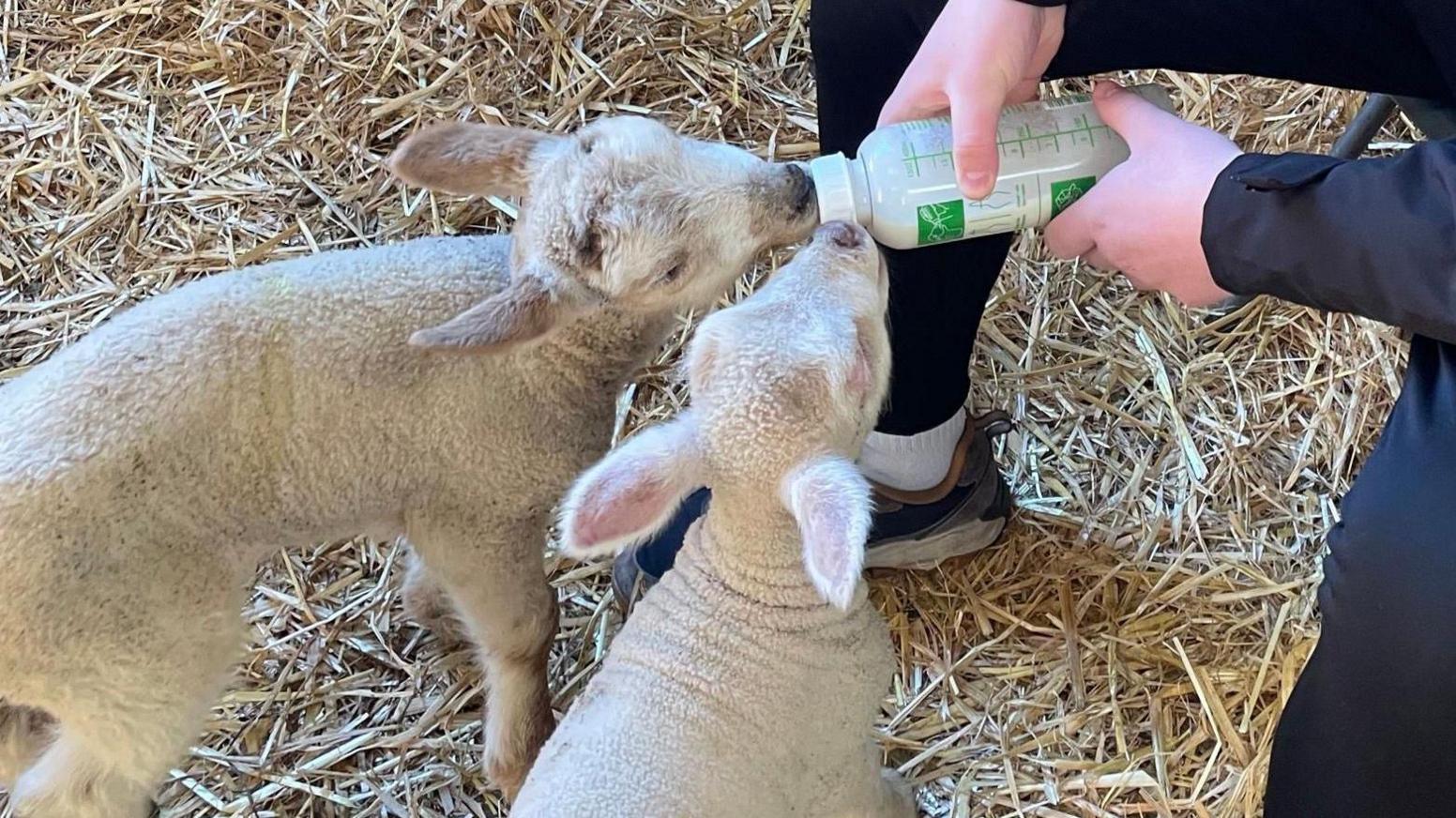
- Published12 May
